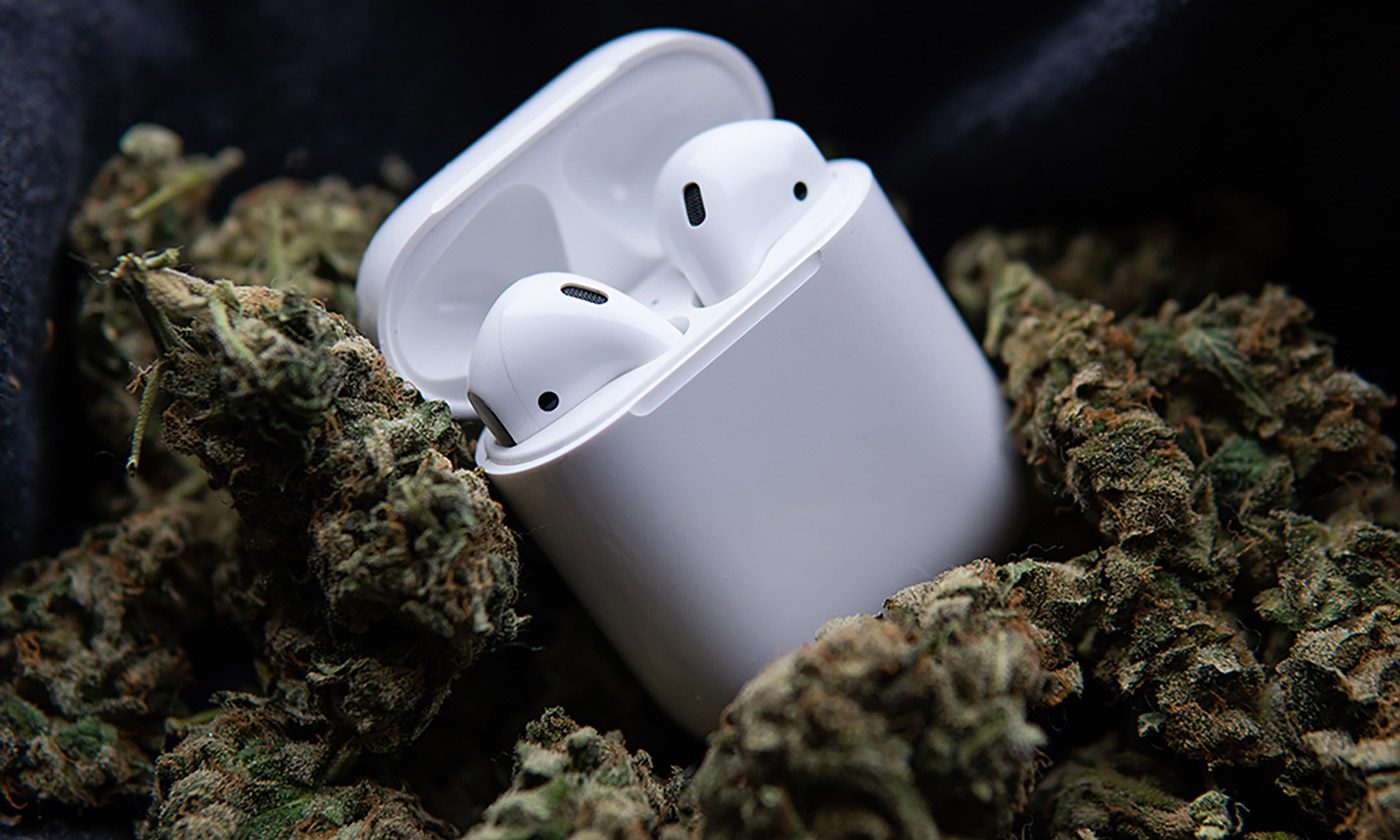There is an ongoing debate concerning plants and if music and sound really play a part in their development. It was common knowledge to me, or so I thought, that playing music for your plants increased production and it was a truth I always accepted. Other people I talked to had varying levels of belief if this was the case or not, including Some outright denying that it made any difference at all. This started me down a rabbit hole of research on the topic, showing me the spectrum of opinions and ways of looking at this topic.
I wanted to focus just on music and what types seem to affect plants in what ways. The general consensus is that plants react to all types of music. Several studies have been done to prove this. Dr. TC Singh experimented with plant growth rate using music. He found that the plants he was working with grew at an accelerated rate of up to 20 percent and an increase of biomass of up to 72 percent. He used classical music first and later moved on to regional music, Raga, which features flute, violin, and harmonium. With Raga, he found similar results and, with the use of a gramophone and loudspeakers, the size of his crops increased by 25 to 60 percent above the regional average.
Singh believed that the violin had the biggest effect on plant growth, but he went a step further and experimented with dancing barefoot with no music near the plants. In this case, several of the flowering variety of plants flowered two weeks earlier than the control group. Singh also found that seeds that were germinated with exposure to the music produced plants that had more leaves, were of greater size, and had other improved characteristics.
Others have also experimented with the effect of music on plants. Eugene Canby, a Canadian engineer, observed a 66-percent increase in yield on his wheat crops when played Bach’s violin sonata for them. An Indian plant physiologist and physicist, Sir Jagadish Chandra Bose, spent his life studying environmental responses of plants. He created a device called a crescograph to measure the growth of plants. He also created recorders that could detect extremely small movements, such as the quivering of injured plants. With his findings, he hypothesized that plants feel pain and understand emotions–like affection–based on the effects of specific circumstances. This brings into question: do plants feel emotion? The debate continues with some believing in the emotional capacity of plants, while others remain skeptical.
So how can plants hear music? Sound is transmitted as waves. When the waves hit your ear, they cause our eardrums to vibrate. This energy is converted into electrical energy our brains can translate into what we hear as music, voices, etc. Plants have protoplasm, the living matter that makes up all animals and plants. Protoplasm is in a state of perpetual movement. The vibrations of music could speed up the protoplasmic movement in the cells, which may lead to improved plant growth, better nutrient manufacturing, and an all-around stronger plant. Studies that show the differences in growth rate based specifically on the type of music and plant growth are highly debated, so I won’t say that one genre of music is better than another. Rather, I believe the intention and the act of taking the time to nurture is the key.
There is a trove of scientific studies online about emotions and music and their effect on plantings. Dengarden, a website for home and garden enthusiasts, is a great reference and will lead you down the rabbit hole of discussions on the topics, including music affecting plant growth and whether plants feel emotion. To me at least, it makes sense that plants would react to noise. The munching of a caterpillar, the stomping of a roaming beast, the gentle wind versus blustering gales– these vibrations of sound can affect how the plants react to their environment. It also makes sense that the way you treat your plants can influence the way the growth unfolds. A plant you yell at, mistreat, and don’t show love will obviously grow different from a plant you coo over, and give positive attention and love. Just the act of being present will help as you will see any deficiencies or issues much sooner. A plant’s reaction to these influences might include increased terpene production to deter insects that may be munching, building branch strength, and increasing overall plant growth and health. Also, playing music will likely keep some predators away from your plants.
What I have taken away from this research lines up with my personal beliefs about my plants. Treat your plants with respect, care about them, maintain a positive emotional relationship with them; play them music, sing to them, dance with them; pay attention to their needs and be present. This may not only be good for your yields and plant health, but I would argue that it is also a very good thing for you as a person. Plants are living things that give so much to us and we should treat them with that respect.
So, next time you are in your grow room, put on some Dead, belt out the words, and enjoy the act of living with your plants. If you take detailed notes and enjoy the research of this topic, please reach out to me and share your findings with me. What music do you play? How do you interact with your plants? Do your plants increase the quality of your life and do you increase theirs? Our journey with our plants is an experience unique to the grower and I would love to hear your story.


